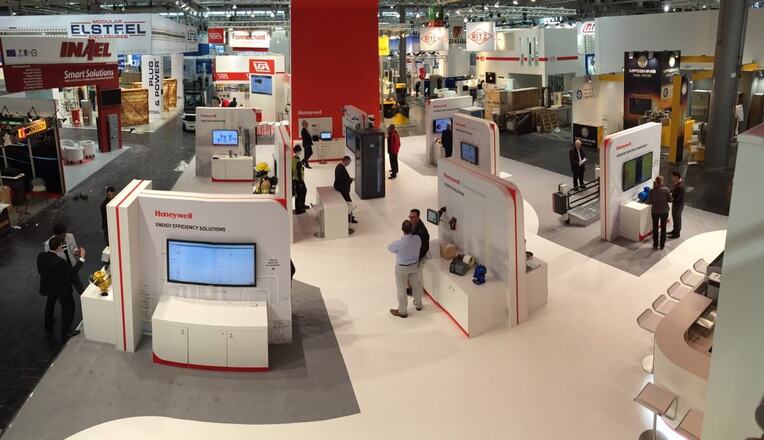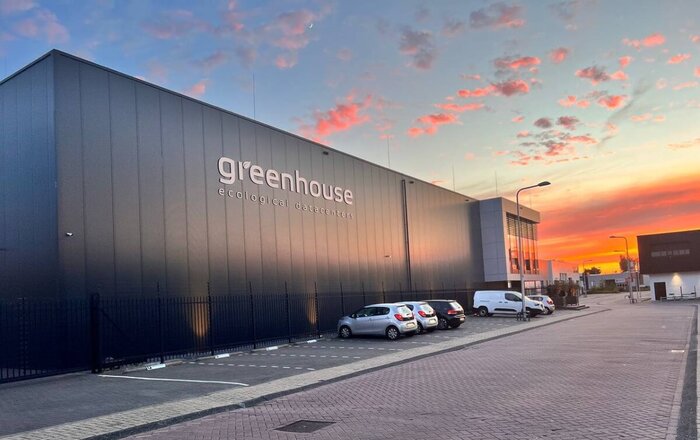European physicists recently made a groundbreaking discovery by measuring the strength of gravity on the smallest scale ever. Researchers from Leiden University, the University of Southampton, and the Institute for Photonics and Nanotechnologies conducted a tabletop experiment and measured a force of approximately 30 attonewtons on a particle with less than half a milligram of mass. This measurement is significant because it could provide insights into the fundamental nature of the universe and potentially lead to advancements in physics.
Gravity is considered a weak force compared to other known forces such as electromagnetism and the strong nuclear force. It becomes even weaker on smaller scales, making it difficult to detect gravitational effects on small, light objects. However, physicists are eager to test gravity at small scales because it could help reconcile the contradictions between general relativity and quantum mechanics, two highly successful theories in physics. The ultimate goal is to develop a theory of “quantum gravity” that combines these two theories.
Various theoretical approaches to quantum gravity have been proposed, including string theory, loop quantum gravity, and causal set theory. However, these theories have not been experimentally tested until now. Previous tests required large-scale equipment like the Large Hadron Collider, which is not feasible for small-scale gravity experiments.
The recent tabletop experiment conducted by Dutch and UK researchers is significant because it provides a cost-effective way to measure gravity at small scales dominated by quantum effects. By levitating a particle with magnets and observing its response to a swinging weight, researchers were able to isolate the particle from external influences that make detecting weak gravitational forces challenging. This experiment opens up possibilities for further exploration of gravity at quantum scales without the need for expensive equipment.
Although tabletop experiments show promise, there is still work to be done. The recent experiment came close to the quantum domain but did not fully reach it. Further advancements are needed to investigate how gravity acts at this scale. There is also the possibility that technological limitations may prevent tabletop experiments from pushing further, necessitating the construction of larger colliders.
It is worth noting that some theories of quantum gravity, such as loop quantum gravity, propose that space and time may disappear at small scales or high energies. If these theories are correct, it may be challenging to conduct experiments in such environments. However, the ability to perform straightforward gravity experiments at small scales suggests that space and time may still be present.
To determine the truth, researchers must continue with tabletop experiments and push the boundaries as far as possible. These experiments hold the key to unlocking the mysteries of quantum gravity and advancing our understanding of the fundamental nature of the universe.


